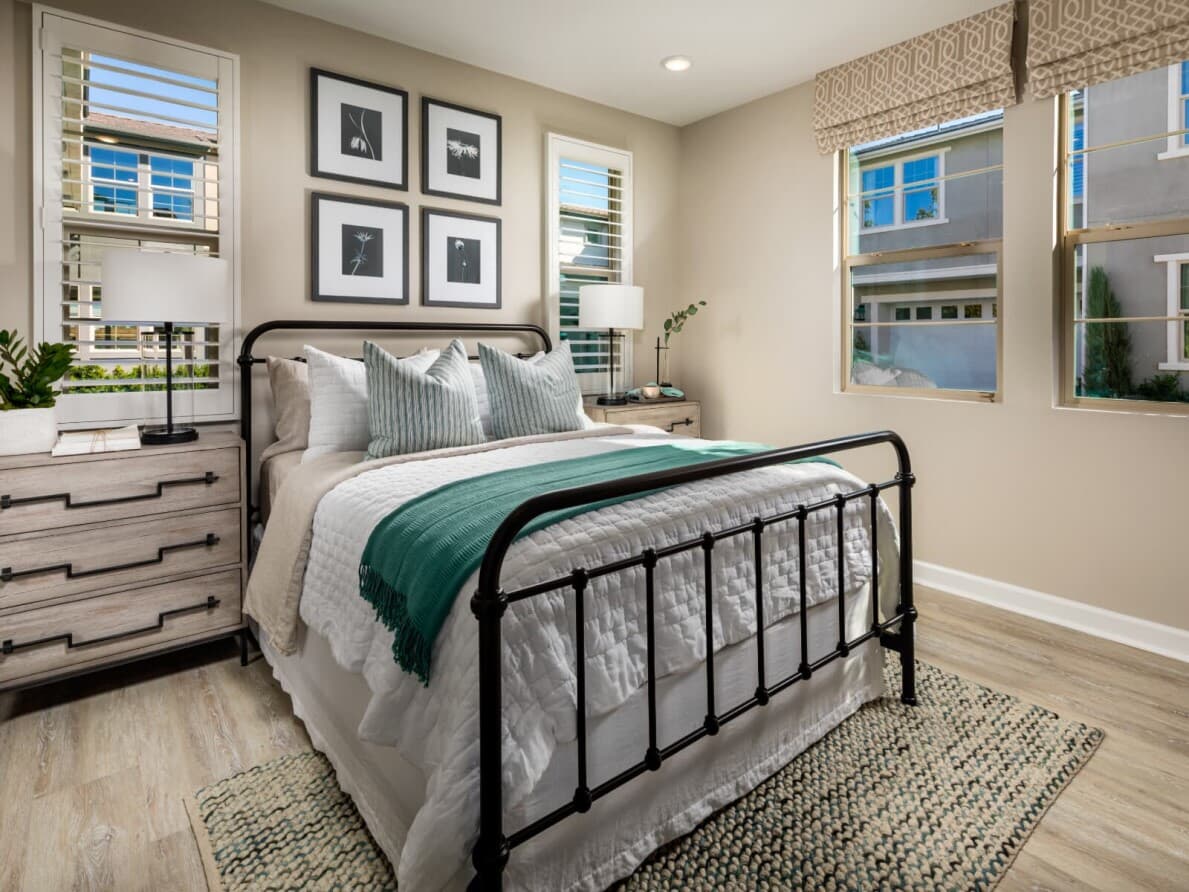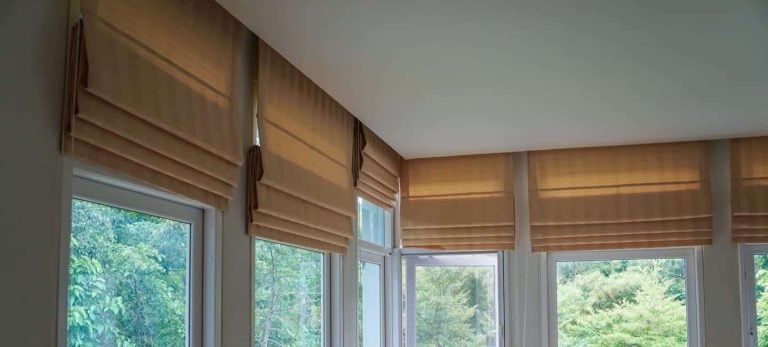Composite Doors vs Timber Doors – What They Are, Pros & Cons

Table of Contents
When it comes to choosing the perfect door for your home, there are various options available in the market. Among them, two popular choices are composite doors and timber doors. Both have their own set of advantages and considerations.
In this article, we will delve into the details of composite doors vs. timber doors, helping you make an informed decision for your home.
What Are Composite Doors?
Composite doors are a relatively newer addition to the world of doors. They are constructed using a combination of materials, which often include uPVC, wood, glass-reinforced plastic (GRP), and insulating foam. This results in a door that offers exceptional strength, durability, and insulation.
Advantages of Composite Doors
Durability
Composite doors are known for their robustness. They can withstand harsh weather conditions, ensuring they remain in optimal condition for years.
They are also designed to withstand high temperatures without expanding and then contracting as the weather cools. This means the door is less likely to misshape and remain efficient longer than other door materials.
Security
These doors are designed with security in mind. The combination of materials makes them highly resistant to forced entry, providing a sense of safety for homeowners.
A composite door takes all of the best strength features that each material has, as well as having different layers of each. On top of this, composite doors will come with high-quality anti-snap locking systems, which make it extremely difficult for anyone to break in.
Insulation
The insulating foam core ensures that composite doors offer excellent thermal efficiency. This helps in maintaining a comfortable temperature within your home and can lead to energy savings.
As more heat is retained in your home with composite doors, you won’t have to use as much heating and energy, helping you to save money on your bills.
Low Maintenance
Unlike timber doors, composite doors do not require regular painting or staining, as they won’t lose colour as easily.
A simple wipe-down with soapy water and a cloth is usually sufficient to keep them looking pristine. Alternatively, a cleaning detergent can be used for maintenance, but this isn’t necessary.
Variety of Styles
Composite doors come in a wide range of styles, colours, and finishes. This allows homeowners to choose a door that complements the aesthetic of their home.
What Are Timber Doors?
Timber doors have been a classic choice for homes for centuries. Crafted from natural wood, they exude a timeless elegance that is hard to replicate.
Advantages of Timber Doors
Aesthetic Appeal
Timber doors have a natural, warm aesthetic that can enhance the curb appeal of any home. The grain patterns and texture of the wood add a touch of classic elegance. For a particularly striking and durable option, consider installing a
solid oak door, which not only contribute to the warm and timeless feel but
also exemplify the strength and beauty of oak in your home’s exterior.
They can fit in easily with both modern and heritage properties due to the timeless look they can offer.
Customisability
Wood is a highly versatile material. Timber doors can be customised to fit unique sizes and shapes, allowing for a personalised touch.
Made-to-order wooden doors will come in a wide variety of different styles and colours, so you can get the perfect timber door fitted into your home.
Environmental Considerations
Timber is a renewable resource, making it an eco-friendly choice. Additionally, at the end of their lifespan, timber doors can be recycled.
Wooden doors are also an energy-efficient option when it comes to new doors in your home, but they can often warp or misshape in hotter temperatures, meaning they won’t be as efficient in this department over time.
Repairability
In the event of damage, timber doors can be repaired rather than replaced, which can be a cost-effective option in the long run.
However, timber doors are more prone to damage, warping, scratching and chipping compared to composite doors. This means repairing the doors, and perhaps even replacing them if they are beyond repair, is something you would have to do more often.
If this continues over time, the cost of the repairs or replacement will add up, meaning it actually might not be as cost-effective as a brand-new composite front door.
Natural Insulation
Wood has natural insulating properties, which can contribute to energy efficiency within your home, helping to keep heat in so you don’t have to use as much energy.
Timber doors can often warp or expand in hotter temperatures, meaning they won’t fit the frame as well anymore. If this were to happen, your wooden door’s insulation wouldn’t be as effective, and your property would be less energy efficient.
Composite Doors vs Timber Doors: Making the Choice
Choosing between composite doors and timber doors ultimately depends on your specific preferences and priorities. Here are some considerations to help you decide:
When to Choose Composite Doors
Prioritise Security
If security is a top concern for you, composite doors are an excellent choice due to their enhanced resistance to break-ins.
Compared to wooden doors, composite doors are far stronger and sturdier, in addition to coming with more secure and complex locking systems. A new composite front door would protect your home to a much better standard than a timber door would.
Low Maintenance
If you prefer a low-maintenance option that doesn’t require frequent upkeep, composite doors are a practical solution.
As previously mentioned, composite doors only require some warm, soapy water to clean them and keep them looking fresh. They also have better resistance to extreme weather conditions, so they are far less likely to be damaged or warped.
When to Choose Timber Doors
Emphasis on Aesthetics
If you value the classic, natural beauty of wood and want a door that exudes timeless elegance, timber doors can be a solid option.
The preference for style and aesthetics is up to your personal preference, so having a look at both choices and experimenting with some of the different designs and colours will help you come to a conclusion.
Customisation
For unique architectural features or non-standard door sizes, timber doors can be customised to fit seamlessly.
Composite doors can also be heavily customised, with a wide range of different styles and finishes, to give you the perfect front door.
Timber vs Composite Doors – Final Thoughts
In the battle of composite doors vs. timber doors, there is no clear winner. Each option brings its own set of advantages to the table. Consider your priorities, whether it be security, aesthetics, or environmental concerns, and make an informed decision based on what matters most to you.
Whichever option you choose, both composite and timber doors can enhance the overall look and functionality of your home.






